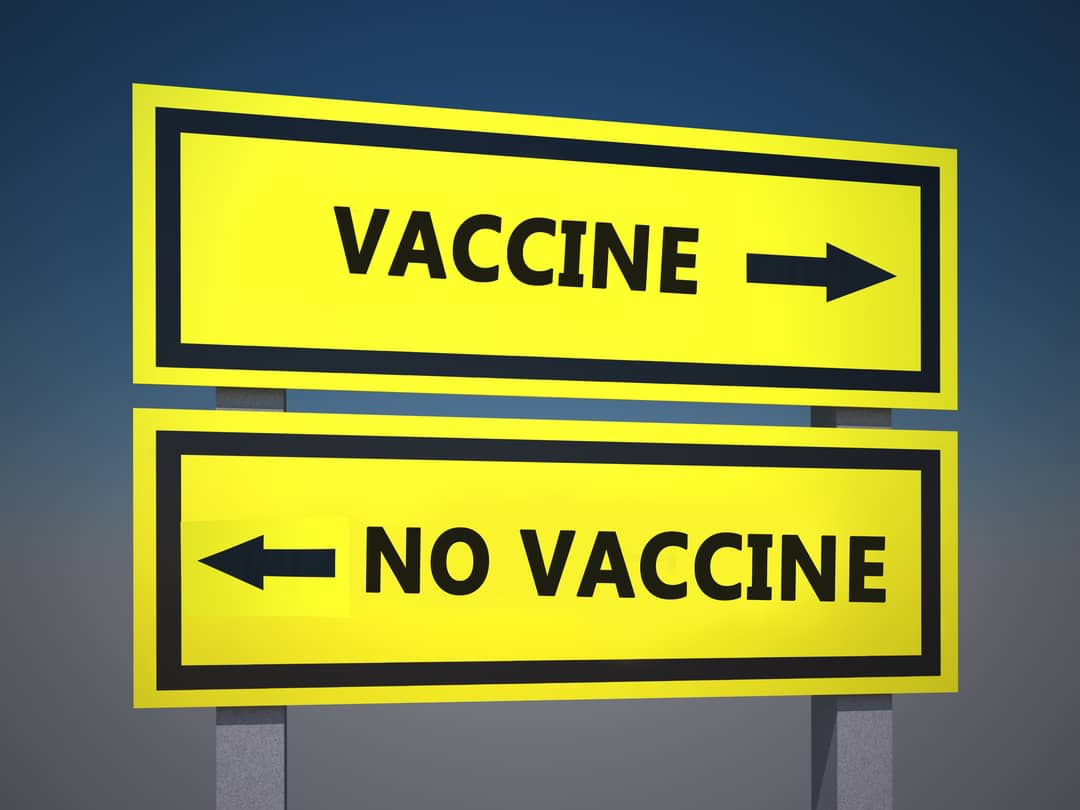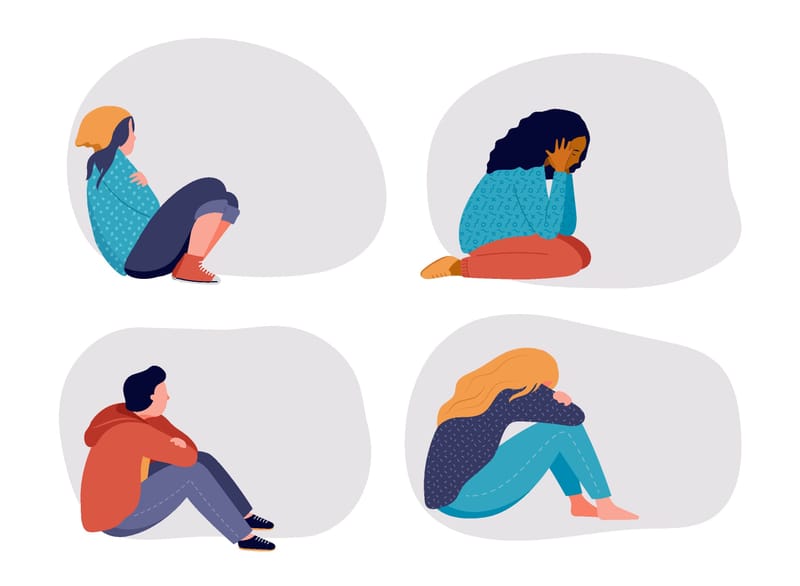
In recent months, COVID policy has undergone a quiet revolution. From the beginning of the outbreak until June or July, Australia was the land of containment – bring cases down to zero through hygiene, lockdowns and border controls.
Not any more. With lockdowns in New South Wales and Victoria now seemingly powerless to halt the spread of the Delta variant, we’ve entered the era of vaccination.
Those in favour of mass vaccination frequently argue that, although it’s not legally enforced, it’s part of our “social contract” to get vaccinated. Those against use the same language, claiming that they never signed any such freedom-limiting contract.
So what is this “social contract” that both the pro- and anti-vaxxers use in their arguments, and what does social contract language add to the vaccination debate?
What is the social contract?
We can think of the social contract as the glue that holds society together, the implicit trust and the unwritten expectations that govern the relationships between the state, citizens and corporations – governments should try to deliver what they promise, citizens should respect the government even if they didn’t vote for it, and corporations should pay their employees fairly.
This social glue overlaps with laws and regulations, but it goes deeper than legislation. The social contract isn’t about keeping or breaking the law, it’s about keeping or breaking the mutual trust that prevents society from imploding. In the words of one recent book, social contract language is a way of talking about “what we owe each other”.
Social contract arguments for vaccination
Among many recent appeals to the social contract, the vice-chancellor of Deakin University affirmed in The Sydney Morning Herald on 9 August:
“There is no doubt that getting vaccinated is part of the social contract that enables us to lead full and healthy lives.”
What does social contract language like this add to pro-vaccination arguments?
It adds the sense that those who refuse to get vaccinated aren’t just exercising a right to choose, but violating the fundamental trust and common interest that undergirds society. They are, quite literally, being “anti-social”, dissolving the glue that holds us together.
Social contract arguments come into play when my choices affect you as well as me. What flavour ice-cream I choose for dessert today (cookies and cream, by the way, every single time) isn’t part of the social contract, because it doesn’t affect anyone’s waistline but my own. But whether I choose to break the freeway speed limit is relevant to the social contract, because my speed can have real consequences for people in the cars around me.

So is not getting vaccinated like choosing an ice-cream flavour, or like speeding?
Some people do have genuine concerns about the effectiveness and side-effects of COVID vaccines, and others are unable to receive the vaccine on medical grounds, but research strongly suggests that having the shot is safer than remaining unvaccinated, and reduces transmission rates of the virus.
With a finite number of hospital beds available, unless I go and live a solitary life in the outback, my decision to get vaccinated or not will certainly have an impact on those around me. Obeying the speed limit and getting vaccinated if I’m medically able are part of what I owe to you, my fellow citizens.
Social contract arguments against vaccination
There are two main social contract arguments against vaccination. The first is that it infringes the freedom owed to me by society.
The recent anti-vax and anti-lockdown protests in Sydney and Melbourne were billed as “Freedom rallies”, with banners proclaiming “We don’t need ur vax we want our freedom”, “Emergency SOS: Free Australia” and “Freedom not fear”.
So is it an exercise of freedom not to get vaccinated?
Social contract theory teaches us to distinguish between two different types of freedom. My freedom to murder you is unreservedly taken from me under Australian law, as is my freedom to walk out of David Jones with a laptop for which I haven’t paid. But these same laws that limit my freedom to do whatever I want also increase the freedom of us all to live our lives with a reduced fear of getting murdered, and of shop owners to run a business.
When we live in society we give up our “natural freedom” to do whatever we like, and we gain a new “civil freedom” to enjoy the benefits of common life. Getting vaccinated enhances our civil freedom.

As for our natural freedom, we left that behind when we decided that life together was better than going it alone in the forest. Natural freedom is about my good and my interest; civil freedom is about the common good and the common interest.
The second prominent argument against vaccination goes like this: “Show me when I signed the social contract, and I’ll obey it.”
It’s the principle of consent – I shouldn’t be expected to do things I haven’t explicitly agreed to.
But is that right?
You didn’t consent to be born, and you didn’t sign your own birth certificate, but now that you’re born you should still respect other people.
In the same way, we’re all members of a particular society. None of us asked to be. We may not like it. We may think it’s broken and we may want to change it, but as long as we continue to enjoy its benefits, we have a responsibility to uphold the mutual trust that keeps it – and us – together.
What does social contract language add to the current vaccine debate?
It foregrounds the truth that our society runs on the fuel of trust, not simply laws. It also shows that vaccination isn’t an isolated issue. We all accept the principles of the social contract every time we keep away from people when we have a cold, or when we don’t barge in at the front of a queue.
Those same principles are obtained in the vaccine debate. It’s not fundamentally about vaccines. It’s about living together, and what we owe each other. It’s about the social contract.





